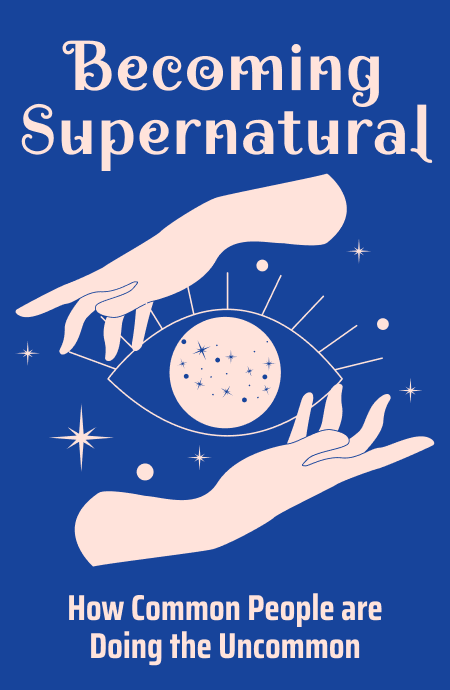Lesson 1: Break the old neural pathways.
Traumatic or painful experiences generate negative emotions in the brain. Often, a fixed neural pathway gets established which generates habitual thoughts and behaviors. Because of this, the next time something happens that reminds people of past experiences, the same negative emotions trigger the same thoughts and behaviors. This in turn stimulates the same neural pathways, and the same stress hormones are released.
You should get rid of past pain, inertia, and unproductive habits. One way to do this is to have a beginner's mindset. The beginner's mentality helps to get rid of past habits, thoughts, and feelings, and establish new ways of thinking, feeling, and behavior. Another way to do this is to practice the generation of new ideas every day. Whether these ideas are feasible is not of importance. The main motive of this exercise is to train the brain to think creatively and break the old neural pathways. Finally, participating in new experiences can help break through deep-rooted thinking patterns. Any new work, whether it's taking a dance class or cooking dishes from another culture, can help you in doing so. Once people develop the habit of breaking negative habits, they will have the necessary tools to escape negative patterns.
Lesson 2: Be in control of the mind
We all know that in this universe, everything is made of energy. The same applies when people interact with one another or objects. Clinging on to the past and focusing on what has happened, produces energy in the mind. Hence, to break the connection with the past state, one must practise returning to the present. Staying in the present can have a positive effect on neural circuits.
Most people fail to have the long-term vision to break the self-destructive model. Instead, they tend to have an even destructive lifestyle. They fail to control their thoughts, which determine where their energy goes. People must take responsibility for their thoughts and energy flow. Otherwise, it's inevitable to not be affected by the whimsical environment.
A culture of instant gratification, that supports short-term default focus rather than intentionally stimulating ideas with high-quality information which would serve long-term goals, is part of the problem.
Before Billy Joel became famous, he was ready to give up his music and even his life because he didn't succeed fast enough. However, Joel did not implement his suicide plan but checked himself into a mental hospital, where he learned the importance of perspective. He looked around and found that other people’s problems were much more serious. This understanding has allowed him to avoid falling into
Unlock Knowledge with Wizdom App
Explore a world of insights and wisdom at your fingertips with the Wizdom app.
 1 Million+ App Download
1 Million+ App Download  4.9App Store Rating
4.9App Store Rating 5000+Summaries & Podcasts
5000+Summaries & Podcasts






